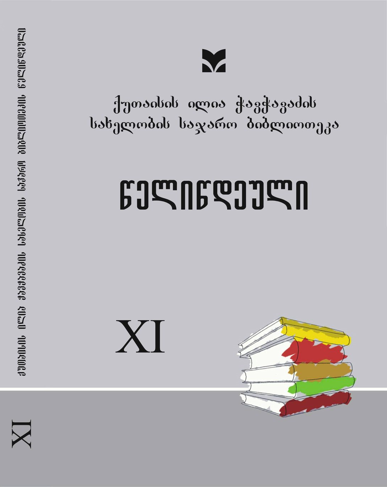Dowry in Kartli and Folk Poetry
Keywords:
Marriage Institute, Mzitvi Institute, Mzitvi in Kartli, Mzitevi, Mzitvi List, Folk Poetic Texts, UnmarriednessAbstract
’Dowry‘ is one of the links in the whole chain of wedding customs, the preparation of which was the duty of the woman’s parents. The institution of marriage and its associated customs have come a long way in its development.
Marriage, a historically conditioned relationship between a man and a woman, has changed and evolved in the footsteps of society. Folk art is factual material expressing the originality of the national worldview, which is a phenomenon representing the nation, culture, and ancestry.
There was a time in the history of human development when the personal dignity and surname of couples were a necessary precondition for starting a family. The property of history has become a time when for the bride the ‘dowry list’ was the first cornerstone for future happiness. Lists of dowries gradually changed over time and in rank, both in material value and in appearance. Deteriorating living conditions have brought the issue of dowry to the foreground. The parents of both the woman and the son were interested in this. Feelings moved to the background. Men used to choose women due to the improvement of economic conditions, thus giving up personal happiness. This situation was especially troubling for the poor people, who were advised by a beautiful daughter to be unmarried due to infertility.
The question of the origin of the Sunshine Institute has shown us that its origins date back to the distant past. Over time, Mzitev is found in different ways. It varied in parallel with the socio-economic and cultural level, as evidenced by folk poetic texts and materials proven in ethnographic life. There is no doubt that the function of the dowry changes over time and space.




